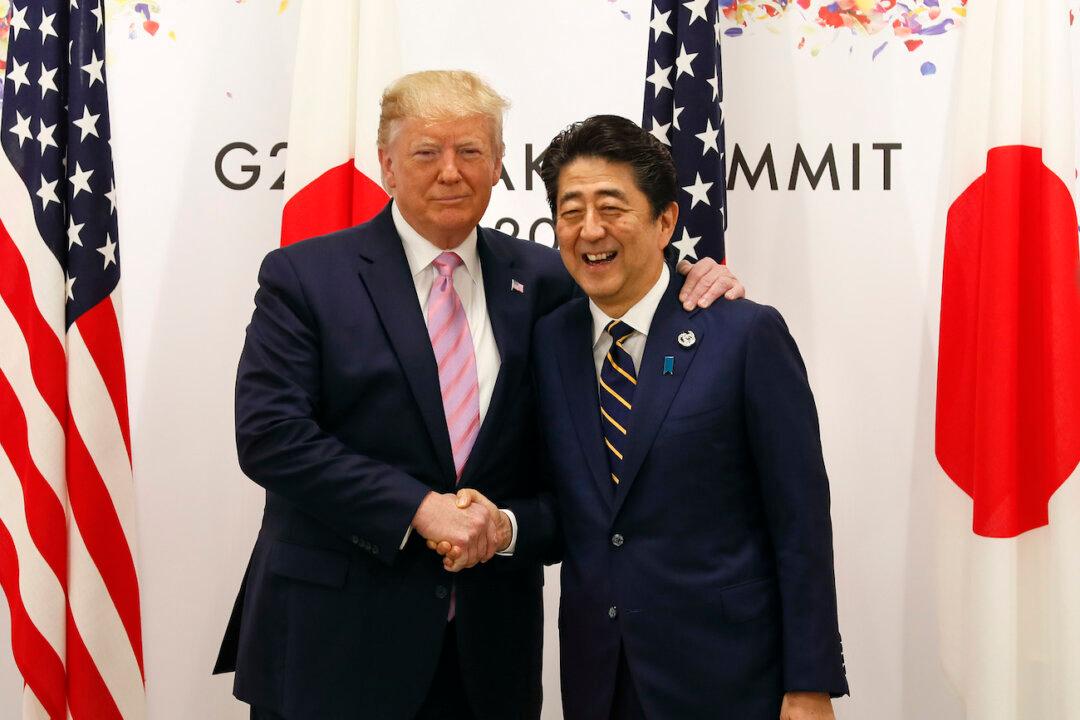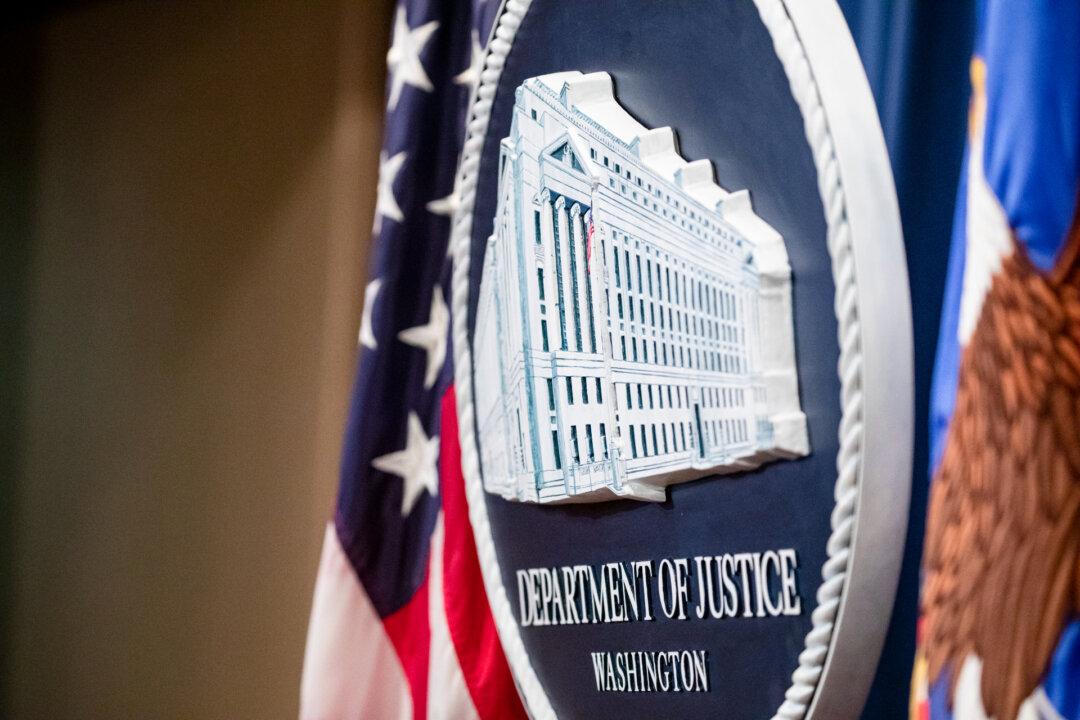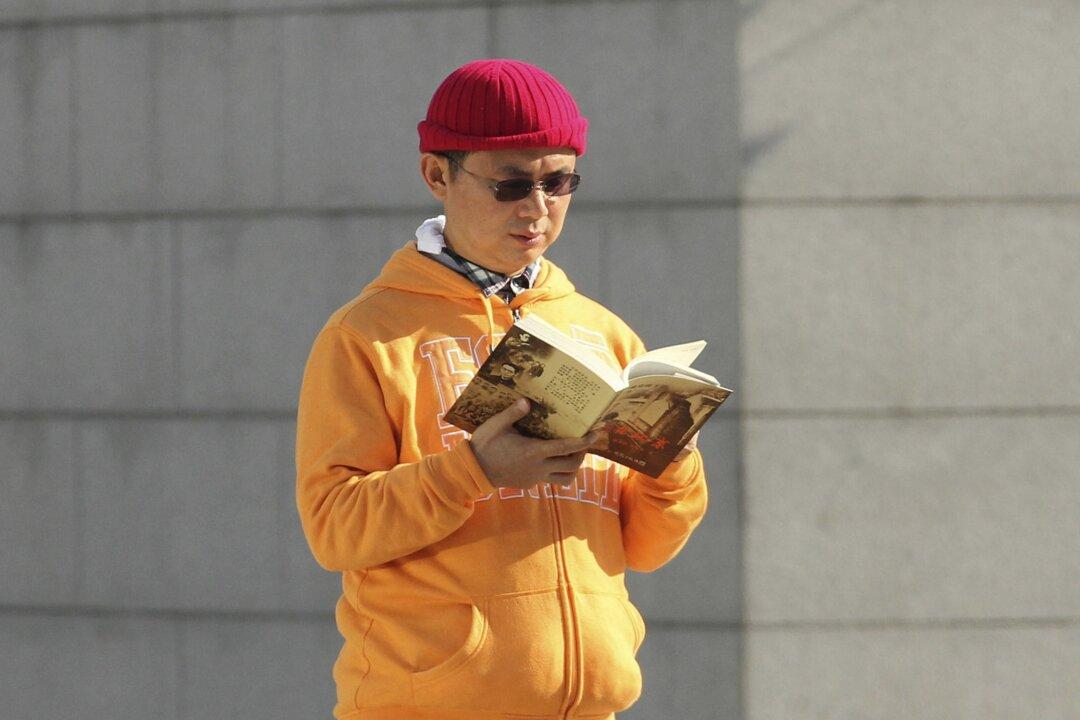As global leaders continue to extend condolences to the family of former Japanese Prime Minister Shinzo Abe, who was assassinated on July 8 while delivering a speech on the campaign trail for his party, experts are remembering Abe for his efforts in spearheading the Indo-Pacific strategy that is to continue shaping the world long into the future.
U.S. Secretary of State Antony Blinken extended his travel to Asia in order to visit Tokyo to meet Japanese Prime Minister Fumio Kishida and offer in-person condolences on behalf of U.S. President Joe Biden and the American people following the tragic event.





